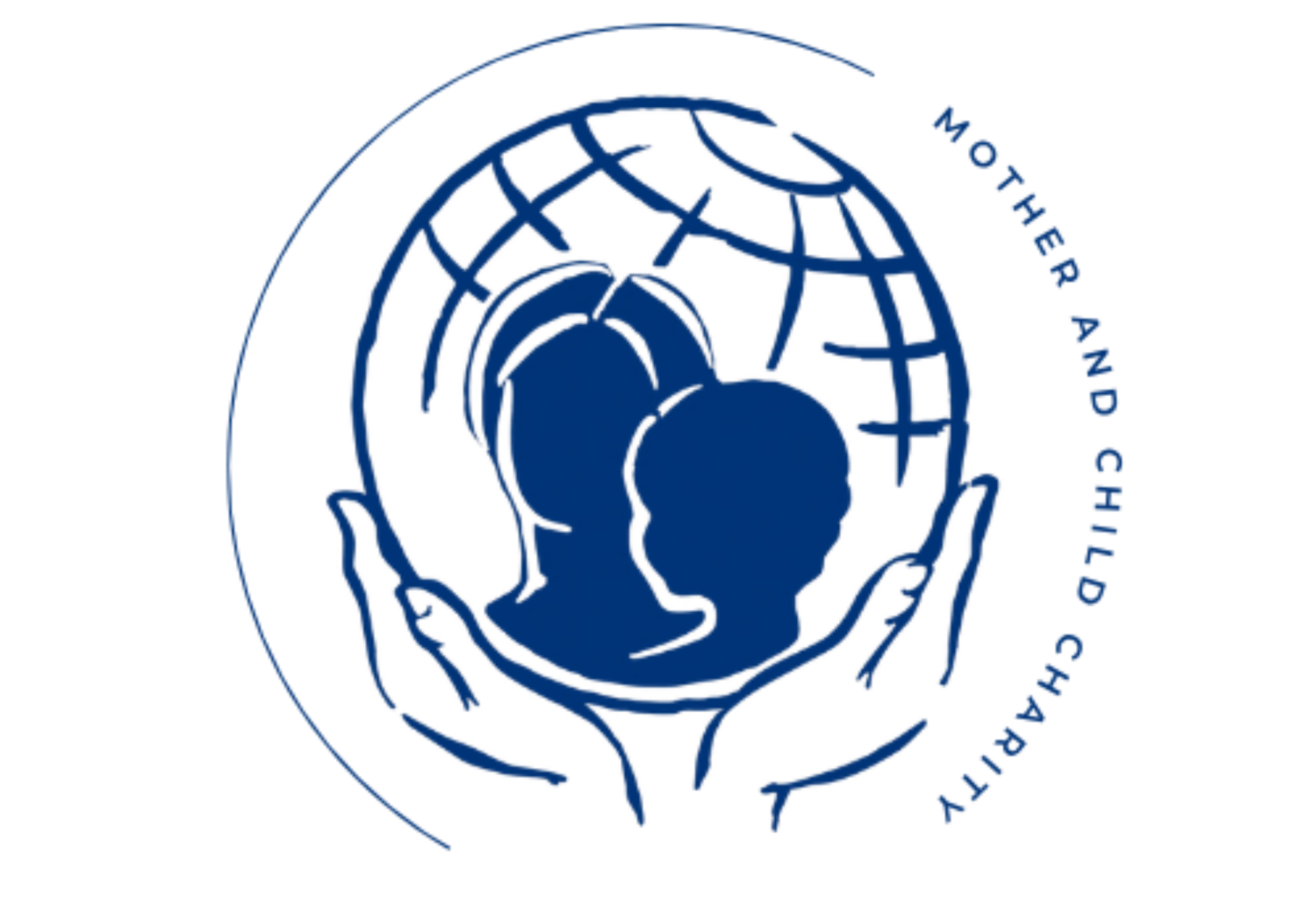Social Services
U.S. Department of Health & Human Services (HHS) oversees programs and services that improve the well-being of individuals, families, and communities.
Government Assistance: U.S. Department of Health & Human Services (HHS) Social Services https://www.hhs.gov/programs/social-services/index.html
Government Benefits: Visit the official benefits website of the U.S. government to find out which benefits you may be eligible to receive. https://www.benefits.gov/
DCF – Visit the official benefits website of the Florida Department of Children and Families to find out which benefits you may be eligible to receive. https://www.myflfamilies.com/
Food Programs
Food Banks are the distribution hubs and supply the food to the soup kitchens, food pantries, shelters, etc. They do not directly serve individuals in need.
Soup Kitchens and Food Pantries turn and provide the food to the individuals in need.
Types of Shelters and Services for Those in Need
Day Shelters supplement homeless and low-income people when the shelter they’re staying in only offers shelter on an overnight basis. Case management is often provided and sometimes there are laundry and shower facilities. Meals and basic hygiene may also be offered. Almost all day shelters provide their services free of charge. Any emergency or homeless shelter that allows clients to stay during the day is also classified under this category.
Emergency Homeless Shelters both provide short term relief for the homeless & low-income. Usually, there is a maximum stay of 3 months or less. Many of these shelters ask their clients to leave during the day. Meals and other supportive services are often offered. 3 times out of 5 these shelters offer their services free of charge.
Halfway Housing helps transition individuals and families from shelters or homelessness to permanent housing. Length of stay is usually anywhere from 6 months to 2 years. Residents are often required to pay at least 30% of their income toward program fees. Sometimes the money they pay in fees is returned to them when they leave. Any emergency or homeless shelter that allows their clients to stay more than 6 months is also classified under this category.
Permanent Affordable Housing is a long-term solution for housing. Residents are often allowed to stay as long as they remain in the low-income bracket but are sometimes limited to 3 – 5 years. Residents pay no more than 30% of their income toward rent. Emergency shelters, homeless shelters, and transitional housing programs that allow their clients to stay without a maximum stay are also classified under this category.
Drug and Alcohol Rehab programs are intended to treat alcohol and/or drug dependency. The cost of participating in one of these programs and the method of treatment range significantly.
Supportive Housing Programs that provide an alternative living arrangement for individuals who, because of age, disability, substance abuse, mental illness, chronic homelessness, or other circumstances, are unable to live independently without care, supervision, and/or support to help them in the activities of daily living; or who need access to case management, housing support, vocational, employment and other services to transition to independent living.
Shared Housing Programs helps bring low-income persons together and helps prevent homelessness by providing affordable housing options. This service is good for families, disabled persons, and others wanted more companionship.
Rooming House or Boarding House A rooming house is a building in which renters occupy single rooms and share kitchens, bathrooms, and common areas. The location may be a converted single-family home, a converted hotel, or a purpose-built structure. Rooming houses are low-cost housing and may have as few as three rooms for rent, or more than a hundred. The same goes for boarding houses.
Transitional housing is affordable low cost supportive housing designed to provide housing and appropriate support services to persons who are homeless or who are close to homelessness. The transition is to help them be more self-sufficient to move toward independent living on their own. Services provided at transitional housing facilities vary from substance abuse treatment to psychological assistance, job training, domestic violence assistance, etc. The assistance provided varies, but it is generally affordable and low-cost housing.
These resources are provided for your convenience. Mother and Child Charity (MACC) does not operate or control these services.
If you are in an emergency, please call 911 immediately.



